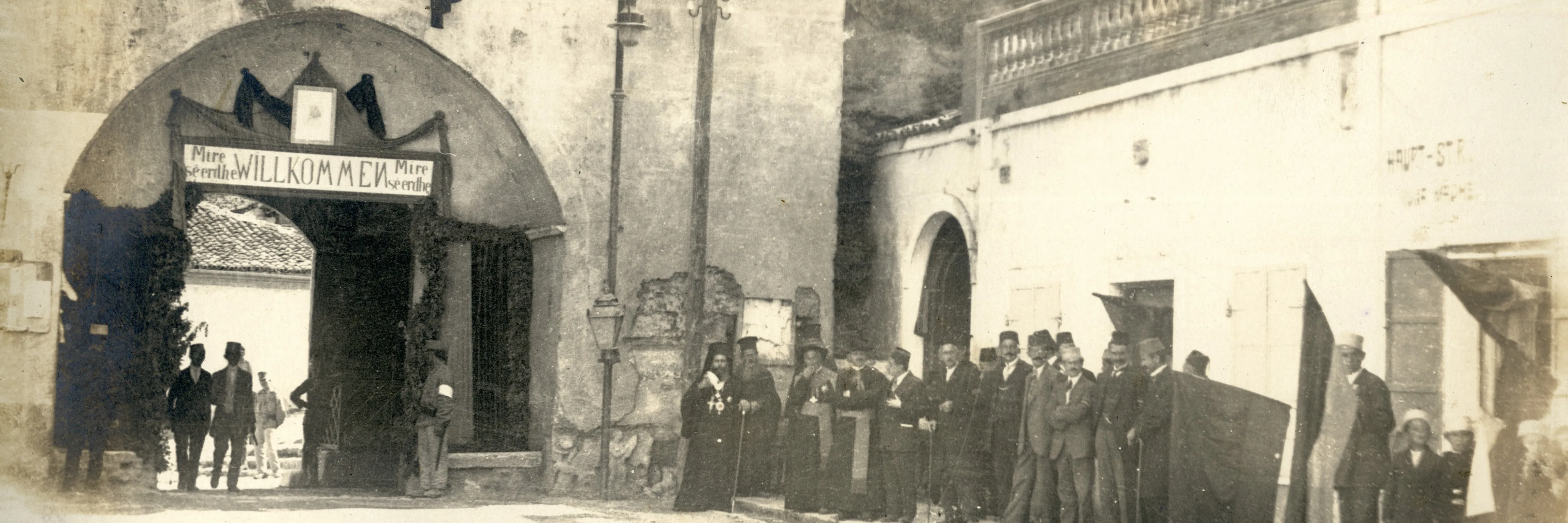Humanitarian State-building by Internationals – Lessons on Peacemaking Tools:
The History of the Albanian International Commission of Control 1913/1914
The collapse of empires is rarely a peaceful business. The disintegration of empires is usually followed by armed conflicts and a series of humanitarian crises: clashes between successor states claim lives, masses of people lose their livelihoods, and waves of refugees leave their homes. Humanitarian crises pose regional or global threats to the international order. Under such circumstances, the situation of new nation-states is particularly challenging, when trying to emerge from the role of the so-called weak state with the help of the international community. This happened in the decades of the Ottoman Empire’s disintegration and the aftermath of the breakup of Yugoslavia and the Soviet Union.
The international community responded to this dual challenge by setting up a specific type of commission, the International Commission of Control (ICC), during the 19th and 20th centuries. These commissions were set up in areas where the interests of the great powers were in direct conflict. Such areas included Albania between 1912 and 1914, and the present Ukraine. The commissions were given a complex set of tasks for a limited period: they were involved in the construction and control of the new state.
The aim of the project is for the principal investigator, Krisztián Csaplár-Degovics, to explore the complex history of such a commission (the ICC in Albania), to articulate its unexploited historical experience and to make the account of relevant results available to international diplomacy by an active diplomat participating in the project as a co-researcher. The project’s co-researcher, László Márkusz (currently a senior official at the Office of the High Representative for Bosnia and Herzegovina, which oversees the implementation of the Dayton Peace Agreement), will summarize the experience of international state-building attempts in the Balkans since 1990.
In the final phase of the project, based on the results of the research, the participating researchers will formulate proposals for a possible international organization to be set up after the Ukrainian-Russian war, similar to the previous International Commissions of Control. The possible relevance of the Albanian experience to the current Ukrainian case is based on the fact that in the early stages of both modern Albanian and Ukrainian nation(state) building, diplomats, politicians and intellectuals from Austria-Hungary played an important role. To paraphrase Timothy Snyder's opinion, today's Ukraine (and Albania) can be seen as the last great foreign policy victory of Austria-Hungary. (Timothy Snyder: Making of modern Ukraine 12. 16 April, 2023)




